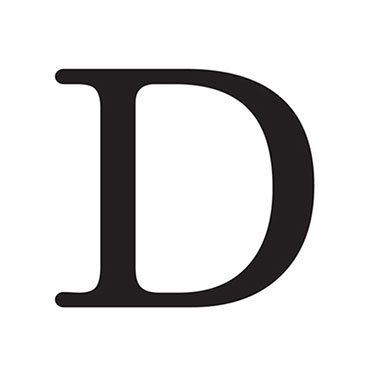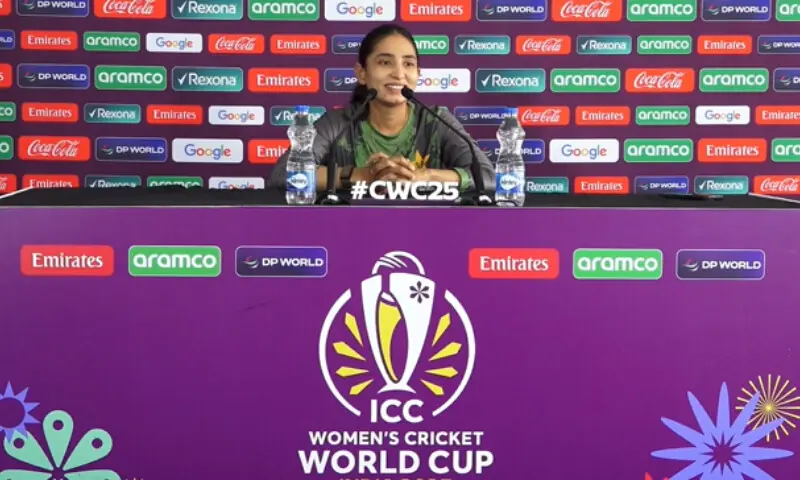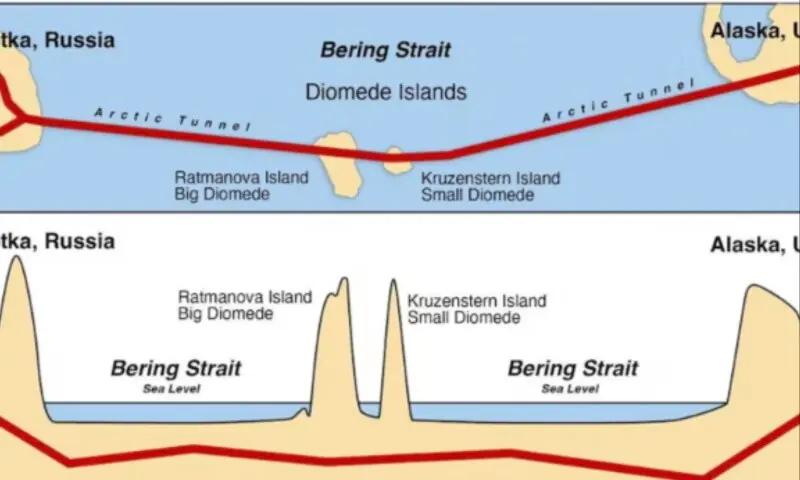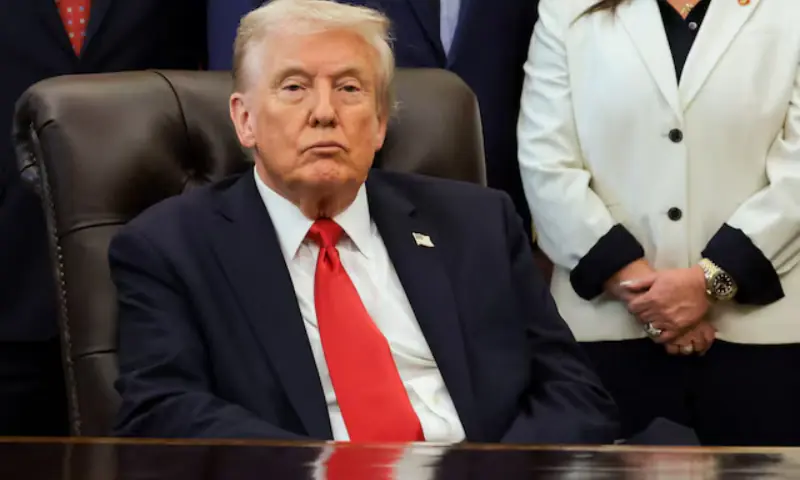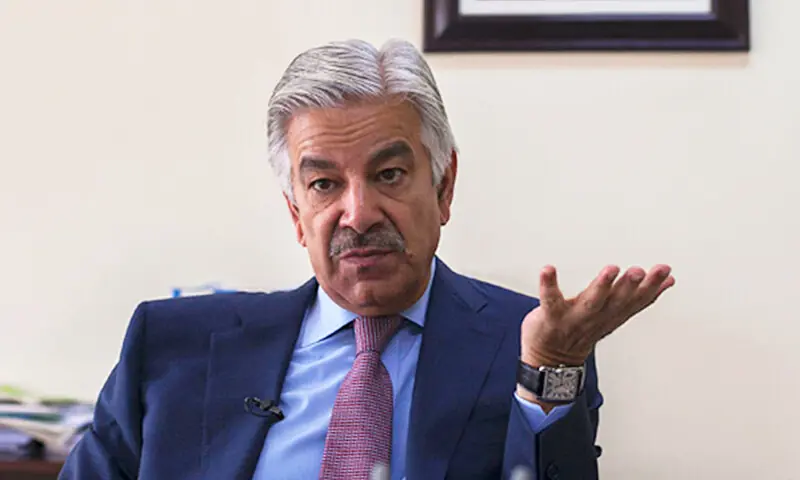The United Arab Emirates has agreed to renew its $2 billion debt that must be paid this month. This decision should help the State Bank keep the rupee stable amid the growing trade deficit.
Meanwhile, Pakistan is taking two commendable steps (one under pressure from the International Monetary Fund and the other in response to changing geopolitical realities) to strengthen its economy. The hybrid regime has finally decided to reduce the size of the bloated government, which consumes a significant portion of the country’s annual income.
In addition, it has begun to implement its “look east” policy to generate export earnings and attract foreign investment. This strategic shift seeks to reduce dependence on Western markets, where political limitations make it increasingly difficult to promote exports and secure investments.
Pakistan is now prioritizing Gulf countries for foreign investment, while seeking to unlock greater trade potential with China, Bangladesh, Japan, South Korea, Singapore, Indonesia, Malaysia and Iran. It has also expressed its willingness to normalize trade relations with India under specific conditions.
The Uraan plan must prioritize food security, women empowerment and financial inclusion to achieve any meaningful change in the country.
Both short-term measures, such as ensuring debt refinancing, and long-term initiatives, such as focusing on eastern markets and resizing the government, are vital in the current circumstances. These measures, if implemented effectively, could generate positive results for the economy. However, for long-term sustainable development, the recently unveiled Uraan Pakistan plan must prioritize three critical areas: food security, women empowerment and financial inclusion.
A foreign exchange starved country like Pakistan cannot hope to sustainably increase export earnings if a significant portion of its population continues to face food shortages while a large proportion of export earnings are derived from food exports.
According to a recent Dawn report, 22 percent of Pakistanis (about 52.8 million people out of a total population of 240 million) face high levels of food insecurity. This alarming statistic is official, of course, taken from the latest bulletin published by the Ministry of National Health Services.
At the same time, food exports account for a substantial share (23 percent) of Pakistan’s total export earnings (July-November 2024). With the textile sector crippled by a shortage of domestically produced cotton, expensive and unreliable electricity supplies and gas supply disruptions, food exports have become a key source of foreign exchange.
However, dependence on food exports poses significant challenges. Most of this income is generated from commodities such as rice grains, rather than highly processed and value-added food products.
In periods of increased food exports, the domestic market often experiences a rise in food prices, leaving basic food products out of reach for millions of Pakistanis and worsening the food security crisis; Addressing this issue must be a top priority.
The government needs to balance the objectives of increasing export earnings and ensuring an affordable food supply for the domestic population. This requires investments in agricultural technology, better supply chain management and policies aimed at promoting the export of processed food products that achieve higher prices internationally.
Women, who make up just over half of Pakistan’s population, remain an untapped resource for economic progress. However, systemic barriers continue to prevent their full participation in the economy. According to the World Bank, Pakistan’s female labor force participation rate is just 25.4 percent, compared to 83.7 percent for men.
This disparity is due to limited access to education, restrictions on mobility, and a lack of safe and supportive work environments.
Additionally, cultural and social norms often restrict women’s access to opportunities, such as owning smartphones, pursuing higher education, or working alongside men on farms, factories, and offices. Addressing these issues is essential to empowering women to contribute meaningfully to the economy.
Politically, women’s representation remains low: as of February 2024, only 20.5% of parliamentary seats were held by women. Increasing women’s participation in decision-making roles is critical to advancing policies that address gender disparities and empower women in all spheres of life.
Financial inclusion is another key area where Pakistan lags behind its regional counterparts. Pakistan currently ranks just above war-torn Afghanistan in terms of financial inclusion. Only 13 percent of women in Pakistan have access to financial accounts, compared to 34 percent of men. This stark gender gap reflects broader structural barriers to women’s economic empowerment.
In response to this issue, the Asian Development Bank approved $155.5 million in financing in 2024 to support reforms to improve women’s access to financial services. Initiatives such as microcredit schemes for women entrepreneurs, mobile banking solutions and financial education programs are vital to improving financial inclusion.
By allowing more women to participate in the financial system, Pakistan can open new avenues for economic growth and reduce poverty.
To address these challenges effectively, Pakistan must adopt a holistic and coordinated approach. There is a pressing need to economically empower women and remove barriers to their participation in the workforce by promoting women’s education, vocational training, and expanding their access to technology and financial services.
Policymakers should ensure safe and inclusive workplaces through legal reforms and enforcement of existing labor laws. For years, the central bank and banks have tried to promote financial inclusion, but their efforts must be accompanied by support from society.
Published in Dawn, The Business and Finance Weekly, January 13, 2025




